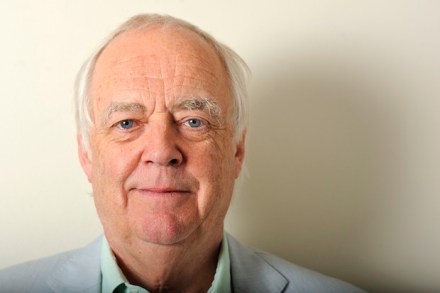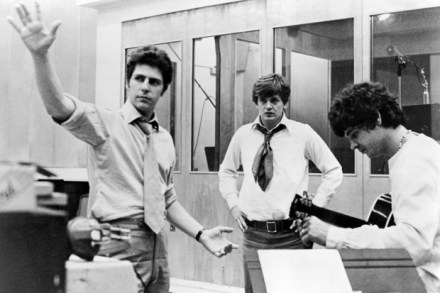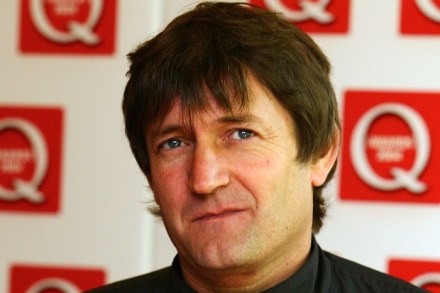Tim Rice’s diary: From Eternity to here
Last October, in these very pages, I wrote with what is now annoying prescience, ‘Like almost everyone else in the insane world of musical theatre, I don’t know how to create a hit.’ I am now facing up to the grim fact that my latest effort, From Here to Eternity, is folding after a six-month run at the Shaftesbury Theatre. The publicity has vastly exceeded the interest in the show when it opened last September. Never have the words of Bob Dylan seemed so relevant to me: ‘There’s no success like failure, and failure’s no success at all.’ The enthusiasm of the media to report gleefully on Eternity biting the




















